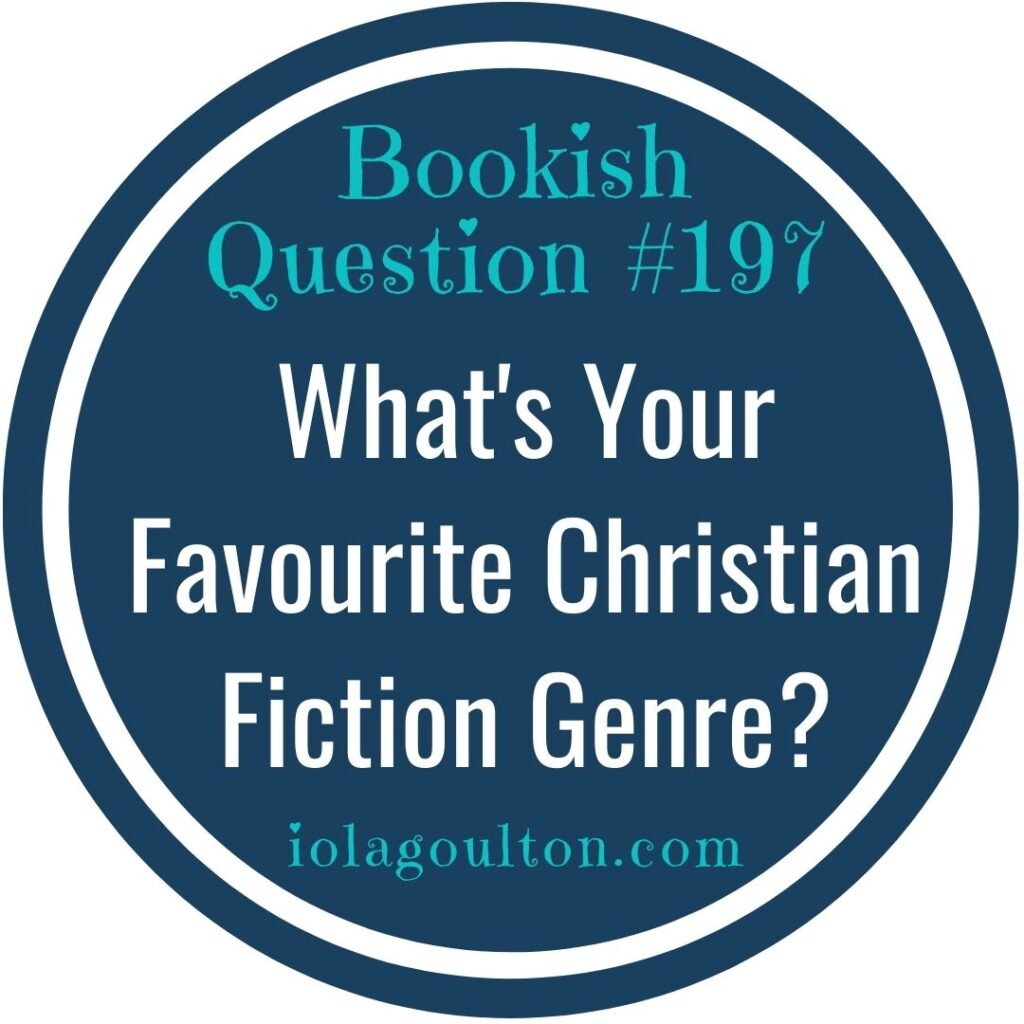Caroline Payne was always told she was named for her great-aunt who died of polio at the age of seven. But an unexpected visit from her college crush, historian Mat Hammond, says that was a lie. He says Caroline Waite left England for France in 1941 and disappeared with Paul Arnim, her Nazi lover. Caroline wants to prove him wrong.
So starts a fast-paced story that takes Caroline from her home in Boston to the ancestral family home in London, the titular London House. Here she rediscovers her grandmother’s diaries from the war years, and the letters Caro sent her sister.
The story flips between present and past, unravelling a compelling story.
The present story is all written in first person from Caroline’s point of view. I know first person annoys some readers, but it works in this instance. Using first person keeps us in Caroline’s mind as she tries to unravel a decades-old family mystery, and the single point of view adds to the tension.
We then have the two historic points of view, from twins Margaret and Caroline, which we’re shown through Margaret’s journals, Caroline’s letters, and a handful of historic documents Mat has dug out of various archives (it never ceases to amaze me what kind of information governments have seen fit to record and store).
Caroline soon realises that her namesake didn’t die of polio as a small child, but that raises bigger questions: what did happen to Caroline? Why did the family never speak of her? Most importantly, how has this impacted on Caroline’s own life?
As with any good fiction, there is more than one story going on.
Underneath Caroline’s attempts to find the story of the previous Caro, she is also finding similarities with her own story and this depth strengthened the overall story.
There were a couple of errors that bugged me: Winston Churchill was not knighted until after the war, so should not have been referred to as Sir (and when he was, it should have been Sir Winston, not Sir Churchill). On a related note, if Margo and Caro were the daughters of an earl, they would have held the courtesy title of Lady. Also, they would have been unlikely to inherit the family estate and the London House, as one or both would have gone to the closest male relative (who also would have inherited the earldom). Finally, the Chunnel is the Channel tunnel, not the train that goes through the tunnel. The train is the Eurostar, owned by a completely different company. Fortunately, these silly mistakes don’t have any bearing on the actual plot, and I was already hooked by the time they appeared.
Apart from that, the writing and underlying research were excellent. The characters were compelling, and the way the story weaved between past and present made it even more compelling. It was a hard book to put down, as I wanted to know what came next and discover what actually happened to Caro. What made it even better was that the story went off in directions I hadn’t anticipated.
Katherine Reay’s previous books have been published in the Christian fiction market. The London House is published by Harper Muse, a general market imprint. While the story doesn’t have any overt or covert faith references, it doesn’t have any language or content that would be out of place in the Christian market.
Recommended for historical fiction fans.
Thanks to Harper Muse and NetGalley for providing a free ebook for review.
About Katherine Reay
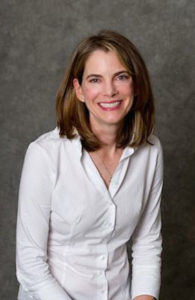 Katherine Reay has enjoyed a life-long affair with the works of Jane Austen and her contemporaries—who provide constant inspiration both for writing and for life. She is the author of three previous novels, and her debut, Dear Mr. Knightley, was a 2014 Christy Award Finalist, winner of the 2014 INSPY Award for Best Debut, and winner of two Carol Awards for Best Debut and Best Contemporary.
Katherine Reay has enjoyed a life-long affair with the works of Jane Austen and her contemporaries—who provide constant inspiration both for writing and for life. She is the author of three previous novels, and her debut, Dear Mr. Knightley, was a 2014 Christy Award Finalist, winner of the 2014 INSPY Award for Best Debut, and winner of two Carol Awards for Best Debut and Best Contemporary.
Katherine holds a BA and MS from Northwestern University and is a wife, mother, runner, and tae kwon do black belt. After living all across the country and a few stops in Europe, Katherine and her family recently moved back to Chicago.
Find Katherine Reay online at:
Website | Facebook | Pinterest| Twitter | Goodreads
About The London House
Uncovering a dark family secret sends one woman through the history of Britain’s World War II spy network and glamorous 1930s Paris to save her family’s reputation.
 Caroline Payne thinks it’s just another day of work until she receives a call from Mat Hammond, an old college friend and historian. But pleasantries are cut short. Mat has uncovered a scandalous secret kept buried for decades: In World War II, Caroline’s British great-aunt betrayed family and country to marry her German lover.
Caroline Payne thinks it’s just another day of work until she receives a call from Mat Hammond, an old college friend and historian. But pleasantries are cut short. Mat has uncovered a scandalous secret kept buried for decades: In World War II, Caroline’s British great-aunt betrayed family and country to marry her German lover.
Determined to find answers and save her family’s reputation, Caroline flies to her family’s ancestral home in London. She and Mat discover diaries and letters that reveal her grandmother and great-aunt were known as the “Waite sisters.” Popular and witty, they came of age during the interwar years, a time of peace and luxury filled with dances, jazz clubs, and romance. The buoyant tone of the correspondence soon yields to sadder revelations as the sisters grow apart, and one leaves home for the glittering fashion scene of Paris, despite rumblings of a coming world war.
Each letter brings more questions. Was Caroline’s great-aunt actually a traitor and Nazi collaborator, or is there a more complex truth buried in the past? Together, Caroline and Mat uncover stories of spies and secrets, love and heartbreak, and the events of one fateful evening in 1941 that changed everything.
In this rich historical novel from award-winning author Katherine Reay, a young woman is tasked with writing the next chapter of her family’s story. But Caroline must choose whether to embrace a love of her own and proceed with caution if her family’s decades-old wounds are to heal without tearing them even further apart.
You can find The London House online at:
Amazon | ChristianBook | Goodreads
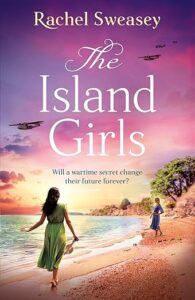 1941: For the townspeople of Poole on the Dorset coast, the war feels like it’s right on their doorstep. And with more and more men leaving to fight, one fisherman’s daughter is determined to do whatever she can to help. Peggy volunteers to use her skills on the water to work with the flying boats alongside the RAF based in the harbour. But when she is asked to undertake a special mission, she will have to make a terrible choice – between her duty to her country and her only chance of happiness.
1941: For the townspeople of Poole on the Dorset coast, the war feels like it’s right on their doorstep. And with more and more men leaving to fight, one fisherman’s daughter is determined to do whatever she can to help. Peggy volunteers to use her skills on the water to work with the flying boats alongside the RAF based in the harbour. But when she is asked to undertake a special mission, she will have to make a terrible choice – between her duty to her country and her only chance of happiness.
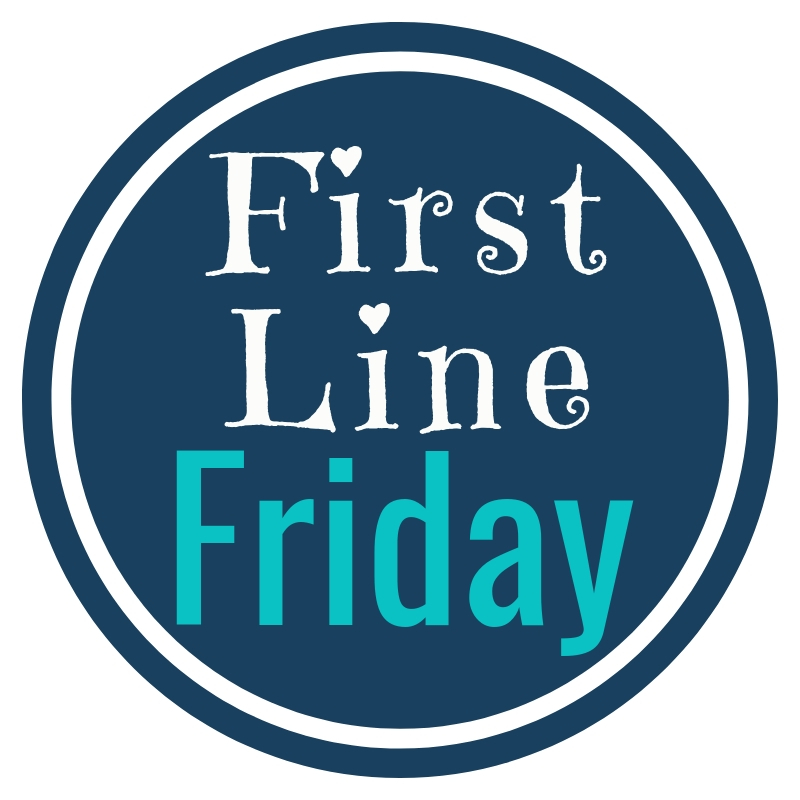
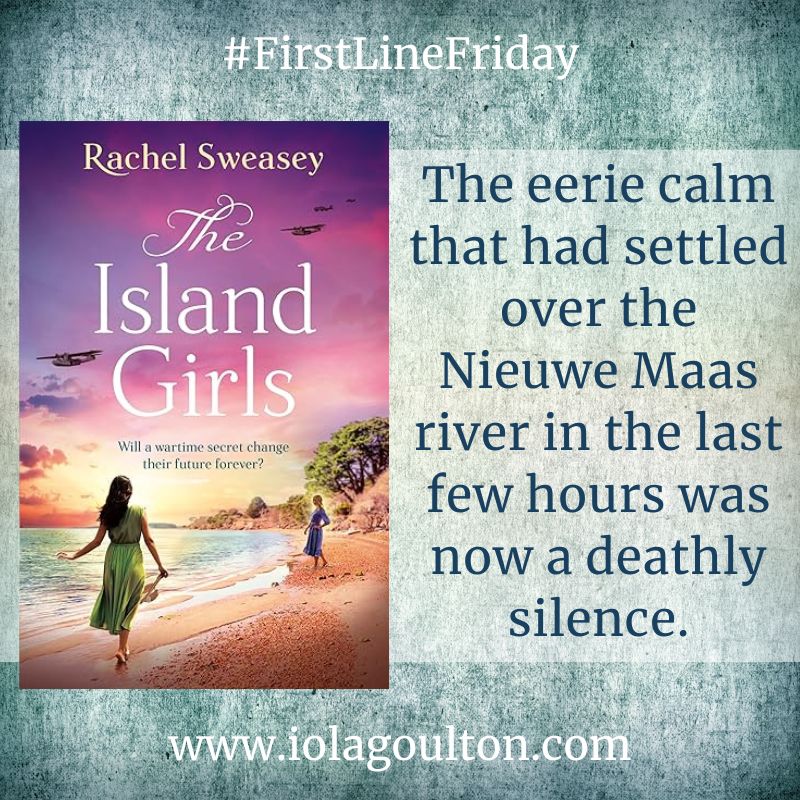
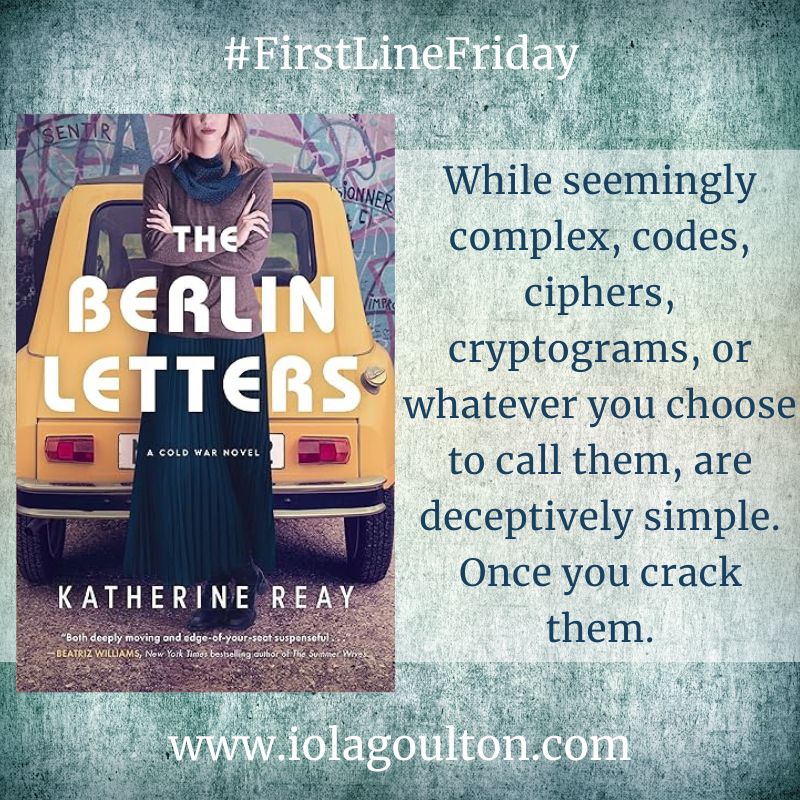
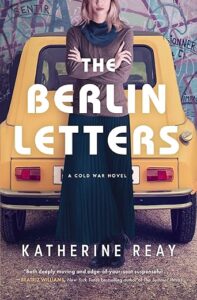
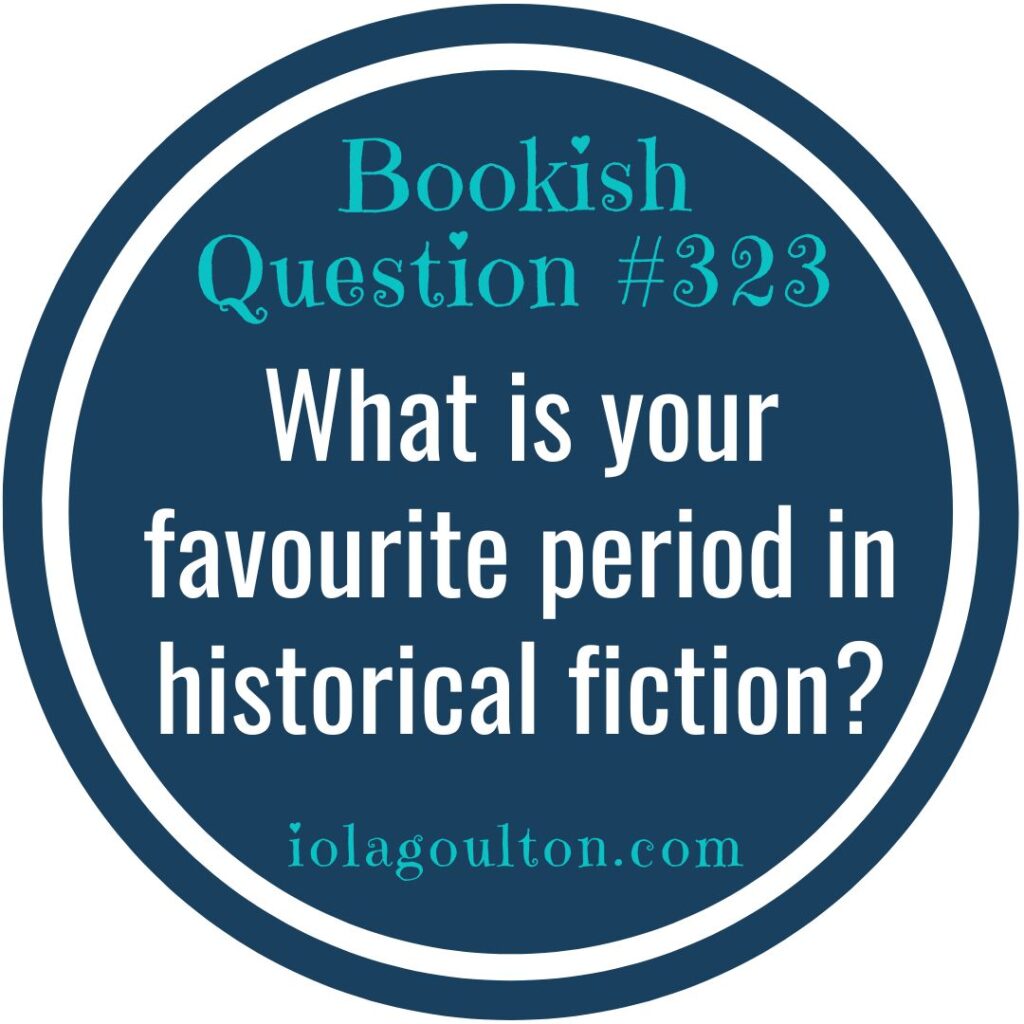
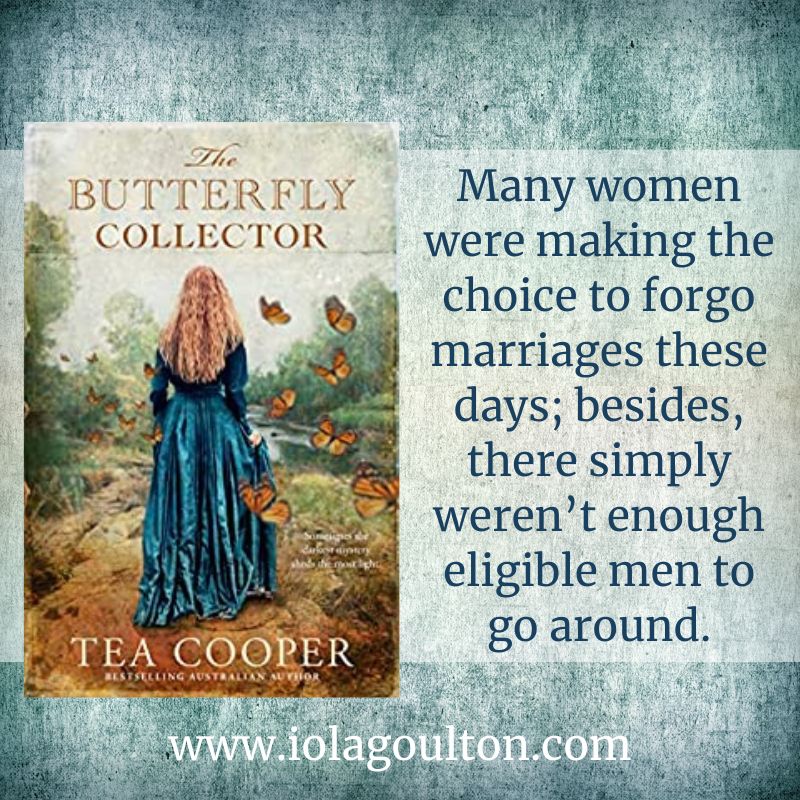

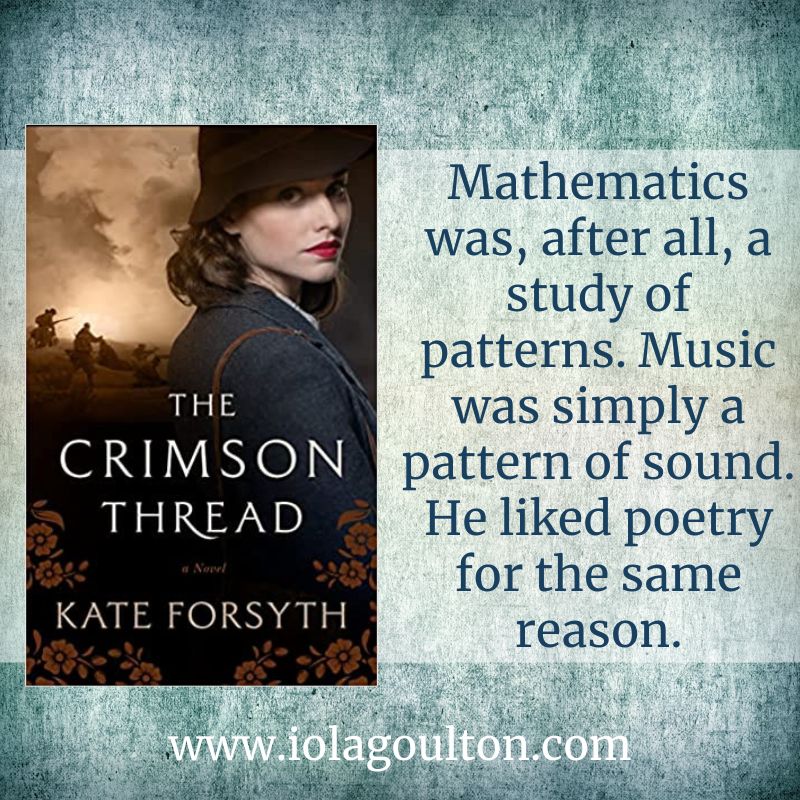

 Dr Kate Forsyth wrote her first novel aged seven & has now sold more than a million books worldwide. Recently voted one of Australia’s Favourite Novelists, Kate Forsyth has been called ‘one of the finest writers of this generation’. She has written more than 40 books, for all age groups and across many genres, published in 20 countries.
Dr Kate Forsyth wrote her first novel aged seven & has now sold more than a million books worldwide. Recently voted one of Australia’s Favourite Novelists, Kate Forsyth has been called ‘one of the finest writers of this generation’. She has written more than 40 books, for all age groups and across many genres, published in 20 countries.
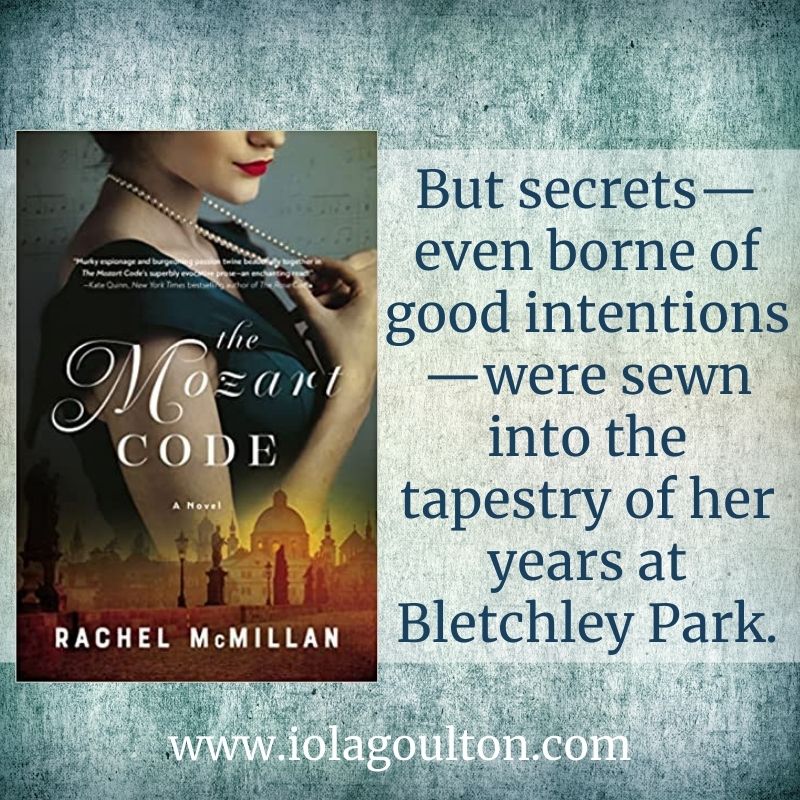
 Rachel McMillan is the author of the Herringford and Watts mysteries, the Three Quarter Time series of contemporary romances set in opulent Vienna, and the Van Buren and DeLuca mysteries praised for bringing an authentic 1930’s Boston world to life while normalizing the fictional conversation surrounding mental illness. She is also the author of Dream, Plan and Go: A Romantic’s Guide to Independent Travel and A Very Merry Holiday Movie Guide: which explores her love of made-for-TV Christmas movies. Her upcoming historical romances The London Restoration and The Mozart Code (Harper Collins) take readers deep into an atmospheric look of post-war London, Vienna and Prague. Rachel lives in Toronto, Canada.
Rachel McMillan is the author of the Herringford and Watts mysteries, the Three Quarter Time series of contemporary romances set in opulent Vienna, and the Van Buren and DeLuca mysteries praised for bringing an authentic 1930’s Boston world to life while normalizing the fictional conversation surrounding mental illness. She is also the author of Dream, Plan and Go: A Romantic’s Guide to Independent Travel and A Very Merry Holiday Movie Guide: which explores her love of made-for-TV Christmas movies. Her upcoming historical romances The London Restoration and The Mozart Code (Harper Collins) take readers deep into an atmospheric look of post-war London, Vienna and Prague. Rachel lives in Toronto, Canada.
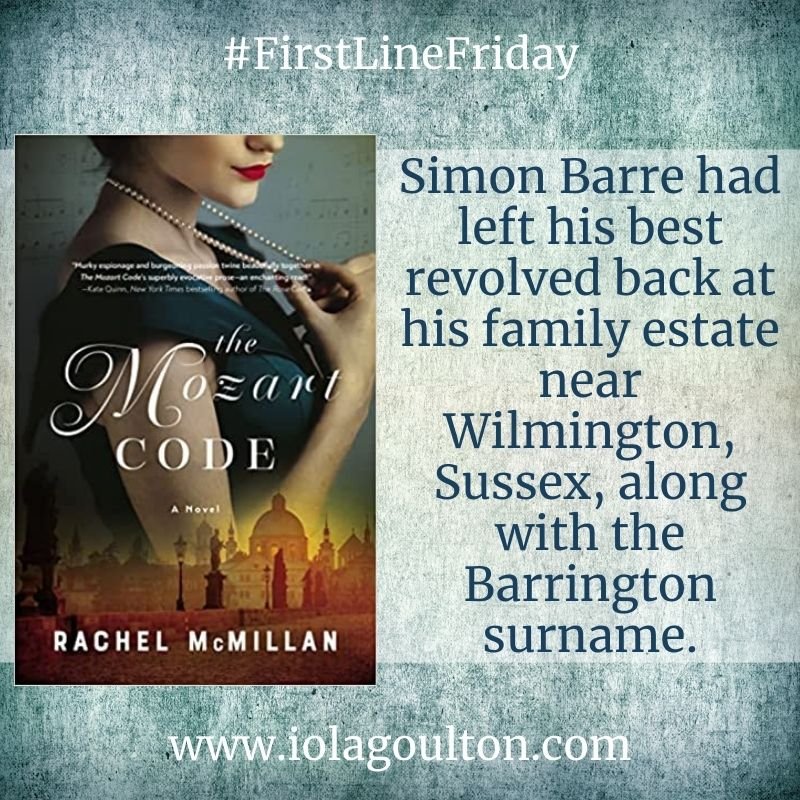
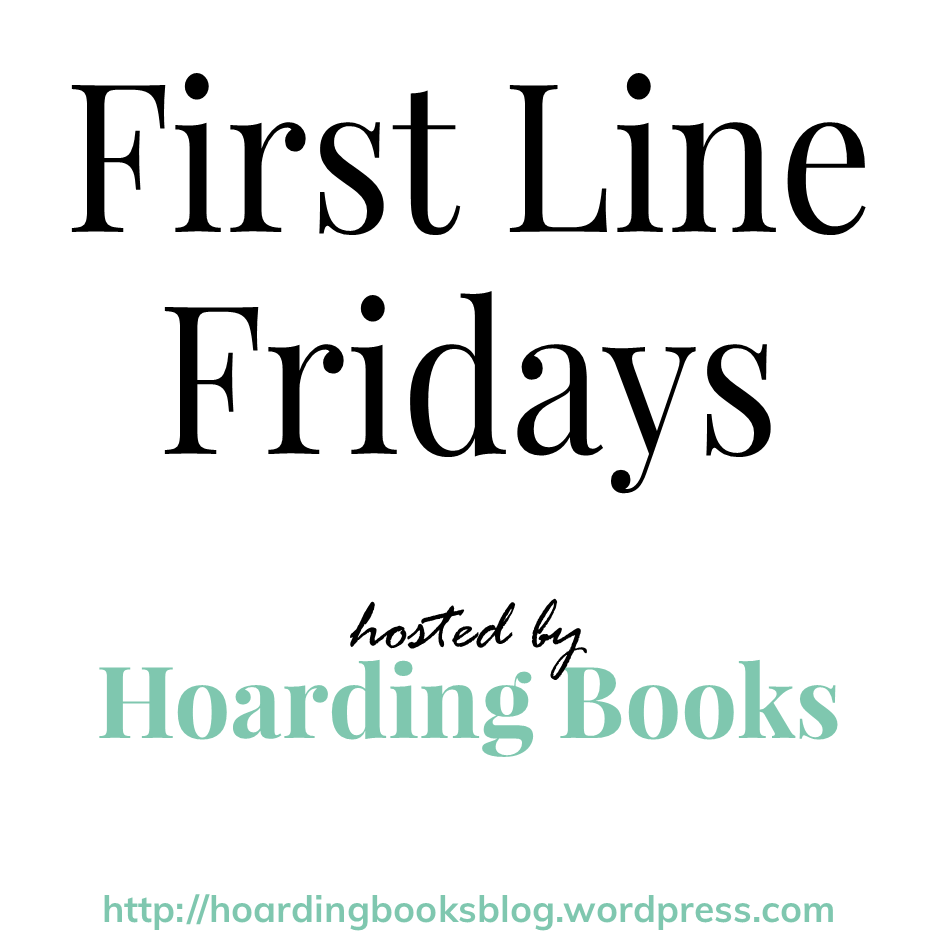
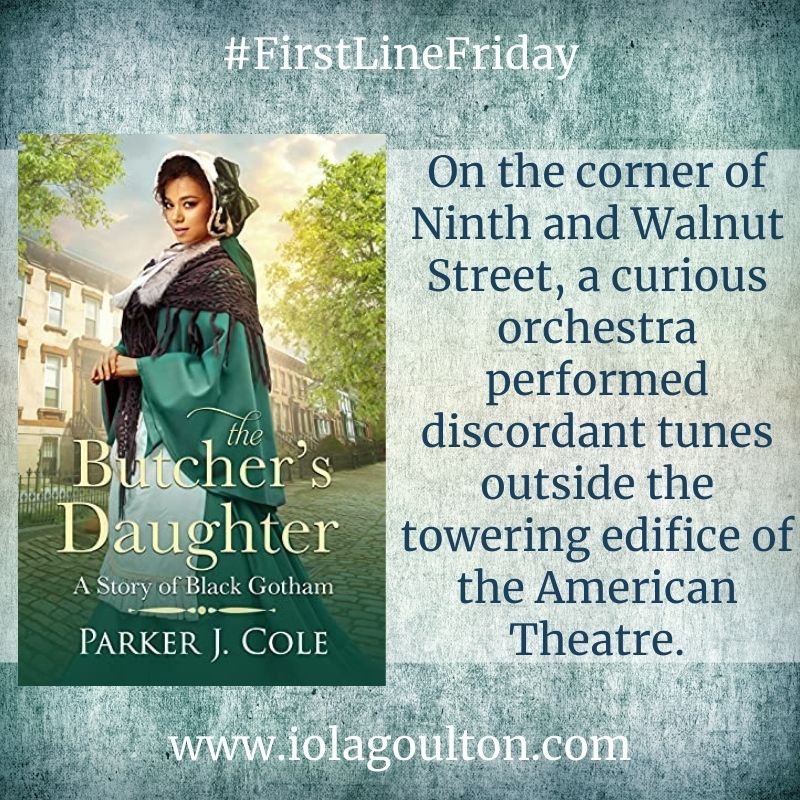

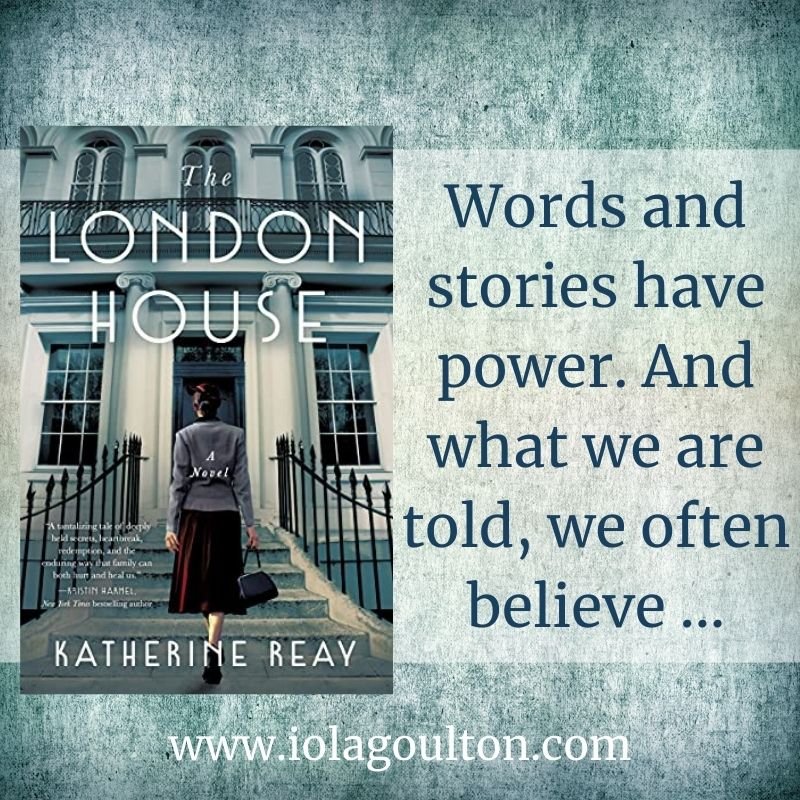
 Katherine Reay has enjoyed a life-long affair with the works of Jane Austen and her contemporaries—who provide constant inspiration both for writing and for life. She is the author of three previous novels, and her debut, Dear Mr. Knightley, was a 2014 Christy Award Finalist, winner of the 2014 INSPY Award for Best Debut, and winner of two Carol Awards for Best Debut and Best Contemporary.
Katherine Reay has enjoyed a life-long affair with the works of Jane Austen and her contemporaries—who provide constant inspiration both for writing and for life. She is the author of three previous novels, and her debut, Dear Mr. Knightley, was a 2014 Christy Award Finalist, winner of the 2014 INSPY Award for Best Debut, and winner of two Carol Awards for Best Debut and Best Contemporary.
